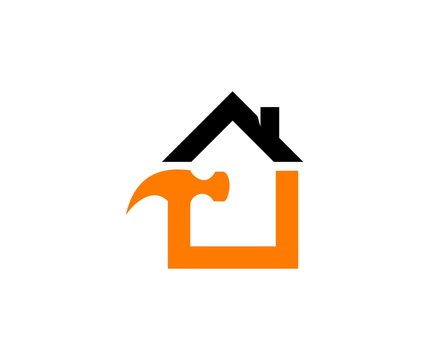Introduction
Homeownership comes with various expenses, including the cost of maintaining and improving your property. While some home-related expenses may be deductible on your taxes, such as mortgage interest and property taxes, the deductibility of house improvements is a bit more complicated and depends on several factors.
Understanding House Improvements
homeimprovementmix.de/ refer to enhancements made to your home that increase its value, extend its useful life, or adapt it to new uses. Examples of house improvements include adding a new roof, renovating a kitchen or bathroom, or installing energy-efficient upgrades like solar panels.
Tax Deductions vs. Tax Credits
It’s essential to distinguish between tax deductions and tax credits when it comes to house improvements. Tax deductions reduce your taxable income, potentially lowering your tax bill. Tax credits, on the other hand, directly reduce the amount of tax you owe. While some house improvements may qualify for tax credits, deductions are more common.
Qualifying House Improvements
To be eligible for tax deductions, house improvements must meet certain criteria set by the Internal Revenue Service (IRS). Generally, improvements that maintain or improve your home’s condition, adapt it to new uses, or prolong its useful life may qualify for deductions. Cosmetic repairs or routine maintenance typically do not qualify.
When Can You Deduct House Improvements?
The timing of when you can deduct house improvements depends on whether they are considered repairs or capital improvements. Repairs that maintain your home in its current condition, such as fixing a leaky roof or repairing a broken window, are typically deductible in the year they are made. However, capital improvements that enhance your home’s value or prolong its useful life must be depreciated over time.
Depreciation of House Improvements
For capital improvements, you can recover the cost over time through depreciation. Depreciation allows you to deduct a portion of the improvement’s cost each year over its useful life. Residential rental property improvements, for example, are generally depreciated over 27.5 years using the straight-line method.
Documentation and Record-Keeping
To support your claims for deductions or depreciation, it’s crucial to maintain accurate records of your house improvements. Keep receipts, invoices, contracts, and other relevant documentation to substantiate your expenses in case of an audit by the IRS.
Seeking Professional Advice
Navigating the tax implications of house improvements can be complex, especially for larger projects or rental properties. Consulting with a tax professional or accountant who specializes in real estate taxation can provide guidance tailored to your specific situation and ensure compliance with IRS regulations.
Conclusion
While house improvements can enhance your home’s value and comfort, their deductibility on your taxes depends on various factors such as the nature of the improvement, timing, and documentation. By understanding the rules and seeking professional advice when needed, homeowners can maximize their tax savings and enjoy the benefits of their investments in their homes.



